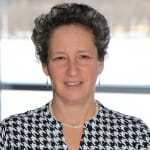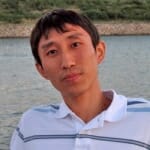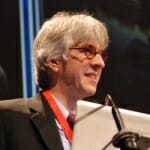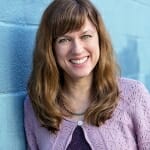Four Waisman Center director finalists to present public seminars
Four finalists for director of the University of Wisconsin–Madison’s Waisman Center, one of the nation’s premier hubs for research and clinical outreach on human development, developmental disability and neurodegenerative disease, will be presenting public seminars during the next four weeks.
The schedule for the seminars is:
Ruth Litovsky
Tuesday, Jan. 23 (noon to 1:15 p.m.)
“Translational work in cochlear implants: a model for advancing scientific discovery throughout the lifespan”
Qiang Chang
Tuesday, Jan. 30 (noon to 1:15 p.m.)
“Understanding developmental disabilities — Rett syndrome as a case study”
Steven Small
Tuesday, Feb. 6 (noon to 1:15 p.m.)
“Typical and atypical development of brain circuits for language”
Katie Hustad
Tuesday, Feb. 13 (noon to 1:15 p.m.)
“Longitudinal speech and language development in children with cerebral palsy: Predictors, outcomes, and evidence”
All of the seminars will be held at the Waisman Center, 1500 Highland Ave., in the John D. Wiley Conference Center. Recordings of the presentations will be made available at research.wisc.edu.
The Waisman Center director reports to UW–Madison’s vice chancellor for research and graduate education.
The Waisman Center is dedicated to the advancement of knowledge about human development, developmental disabilities and neurodegenerative diseases throughout the lifespan. The center is one of 14 nationally and one of the few to encompass both an Intellectual and Developmental Disabilities Research Center and a University Center for Excellence in Developmental Disabilities.
The Waisman Center provides an interdisciplinary research environment for more than 40 resident faculty representing 20 academic departments at UW–Madison and approximately 650 faculty, staff, graduate students and postdoctoral fellows. Its clinics support programs that serve more than 4,000 people with developmental disabilities each year from throughout the world.








